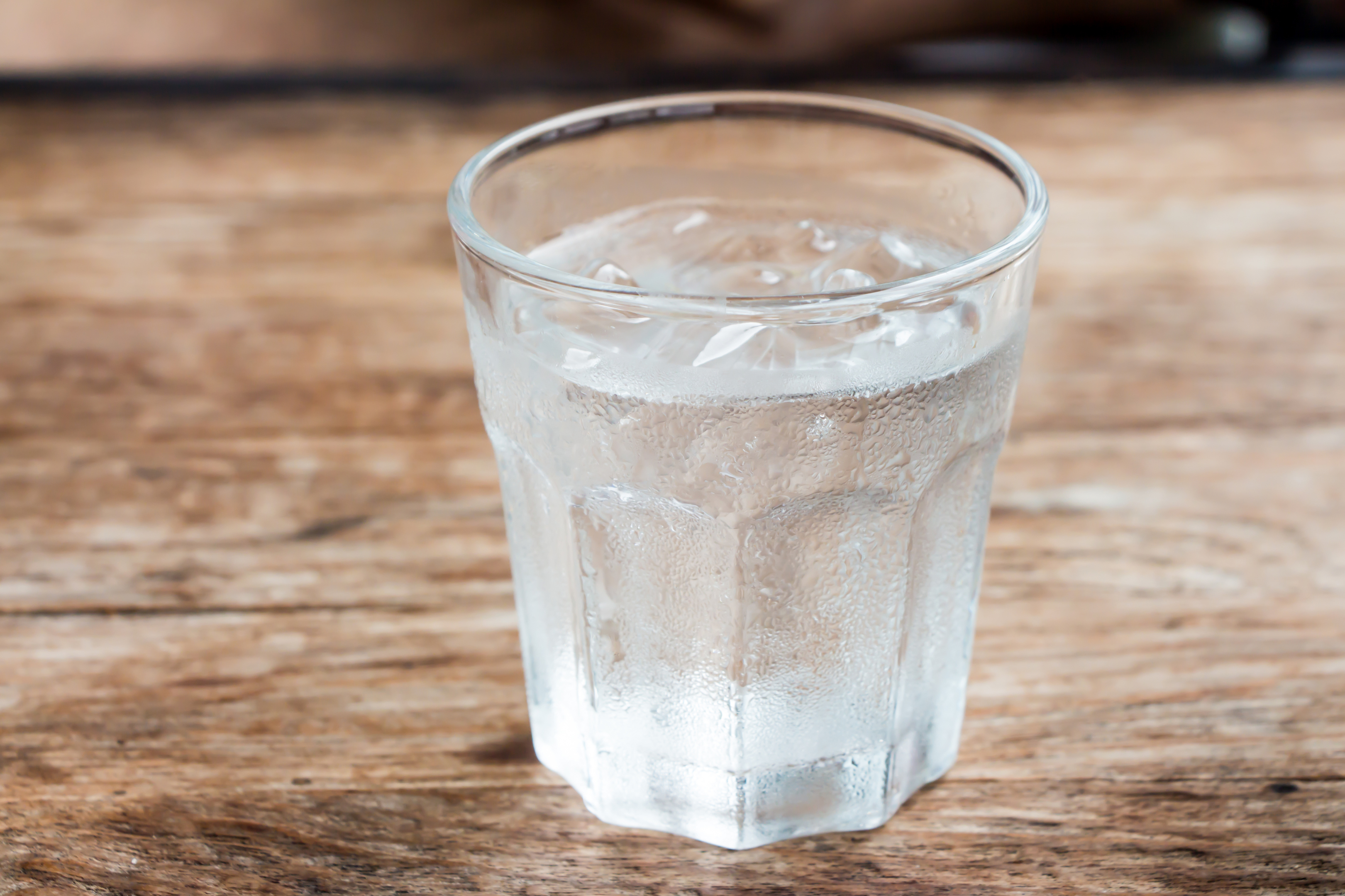
SWAPPING a daily beer for a glass of water cuts the risk of obesity by a fifth and aids weight loss, research suggests.
Replacing a glass of sugary soft drink with water can also cut the chance of obesity by 15%, a study found.
The new research, presented at the European Congress on Obesity in Porto, Portugal, analysed data from 15,765 adults who were not obese at the start of the study.
They were tracked for an average of 8.5 years and their intake of 17 different drinks noted at the outset, while data on everybody’s weight was gathered every two years.
Overall, 873 people became obese during the study.
Researchers from the University of Navarra in Spain used mathematical modelling to show that drinking a glass of water instead of a beer every day reduced the risk of obesity by 20%.
Replacing a sugar-sweetened soft drink with water also cut the risk by 15%.
Anyone who would replace beer with water would also lose an average of 0.3kg over four years.
These figures held true even when factors likely to influence the results, such as exercise levels, family history of obesity and snacking between meals, were taken into account.
Experts suggested that the fact beer is so calorific may be to blame.
A bottle of beer typically contains 142 calories, while a 200ml of soft drink such a glass or mixer can of Cola-Cola typically contains 78 calories.
Those who drink beer are also more likely to consume extra calories, such as on a night out, while people who drink sugary drinks probably also have unhealthy diets, they said.
Paul Christiansen, a researcher in addiction and obesity from the University of Liverpool, said: “It’s a fairly logical step. You are taking empty calories out of the diet.
“Alcohol within itself is incredibly calorific, second only to fat, and beer is an easy way to consume alcohol.
“Take away empty calories and switch to water, of course you will see a benefit.
“Beer also has knock on-effect. People tend to eat more when they have alcohol. They struggle to control their intake, for example, getting a takeaway on the way home from the pub.
“Nobody goes out saying ‘I really want to eat a kebab’. You’ve already had a day’s full amount of calories and a skinful of beer.”
He said people also often “lined the stomach” before they go out, “which is more calories”.
The research found no difference in obesity risk when replacing any of the other 15 beverages with water.
These drinks included milk, wine, spirits, diet drinks, coffees and fresh fruit juices.

Enjoy the convenience of having The Sunday Post delivered as a digital ePaper straight to your smartphone, tablet or computer.
Subscribe for only £5.49 a month and enjoy all the benefits of the printed paper as a digital replica.
Subscribe